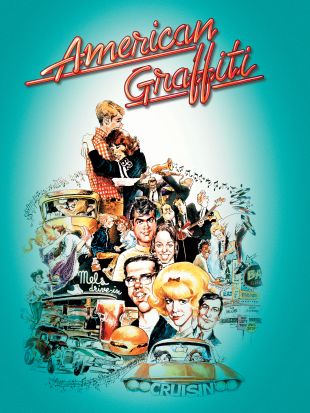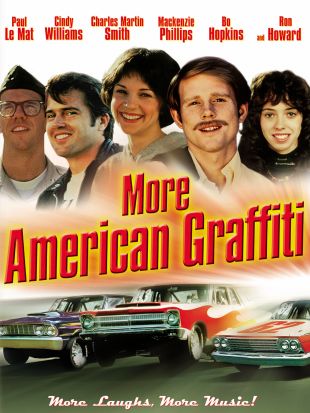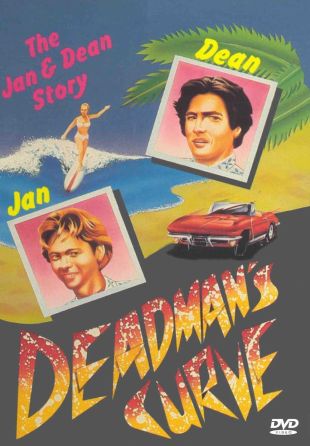With his trademark howls, distinctive gravelly voice (almost the personification of the R&B music he loved so well), and flamboyant but laid-back cool, radio personality Wolfman Jack tore up the airwaves of the 1960s with the dangerous, subversive sounds of black rhythm & blues, a new kind of ethnic music that had been thus far banned from mainstream AM radio. Broadcasting from the X, a shadowy but powerful radio station located just across the Mexican border, the Wolfman was an enigma to most of his audience. His voice, accent, and style revealed nothing of his origins, which turned out to be humble.
He was born Robert Weston Smith in Brooklyn and spent much of his time growing up trying to stay out of gangs and other forms of trouble, preferring instead to nurture his love of pop radio. A high school dropout who would later excel in broadcasting school, Smith started out as a gofer for the Paramount radio network, the home of his hero Alan Freed. This led to experience at a New Jersey station and then night classes at Virginia's National Academy of Broadcasting. Graduating at the top of his class, Smith found work at a station in Shreveport, LA. Though popular there, Smith had bigger goals and moved to Mexico, to work first at XERF-AM (where he began developing his new lycanthropic character) and then the powerful XERB-AM in 1965. It was there that Wolfman became a radio legend. At the height of his popularity, the identity of the mysterious W.J. was the subject of widespread media speculation and thanks largely to his influence, R&B music was making its way into the mainstream.
He was so popular that several rock musicians, including Todd Rundgren, the Guess Who, and Freddie King wrote songs about him.
The mystery of Wolfman Jack was solved when Smith appeared as himself in longtime listener George Lucas' American Graffiti (1973); it was not his first involvement in feature films, as he had played himself in The Committee (1968), an experimental comedy anthology from San Francisco, and The Seven Minutes (1971), filmmaker Russ Meyer's one attempt at a serious, socially relevant film. Though no longer an enigma, his popularity continued and he made cameo appearances in movies and on television, where he hosted The Midnight Special for eight years and made countless appearances on other shows. Though in films he most frequently played himself, the Wolfman occasionally played other characters, as in Motel Hell (1980) and Mortuary Academy (1991).


